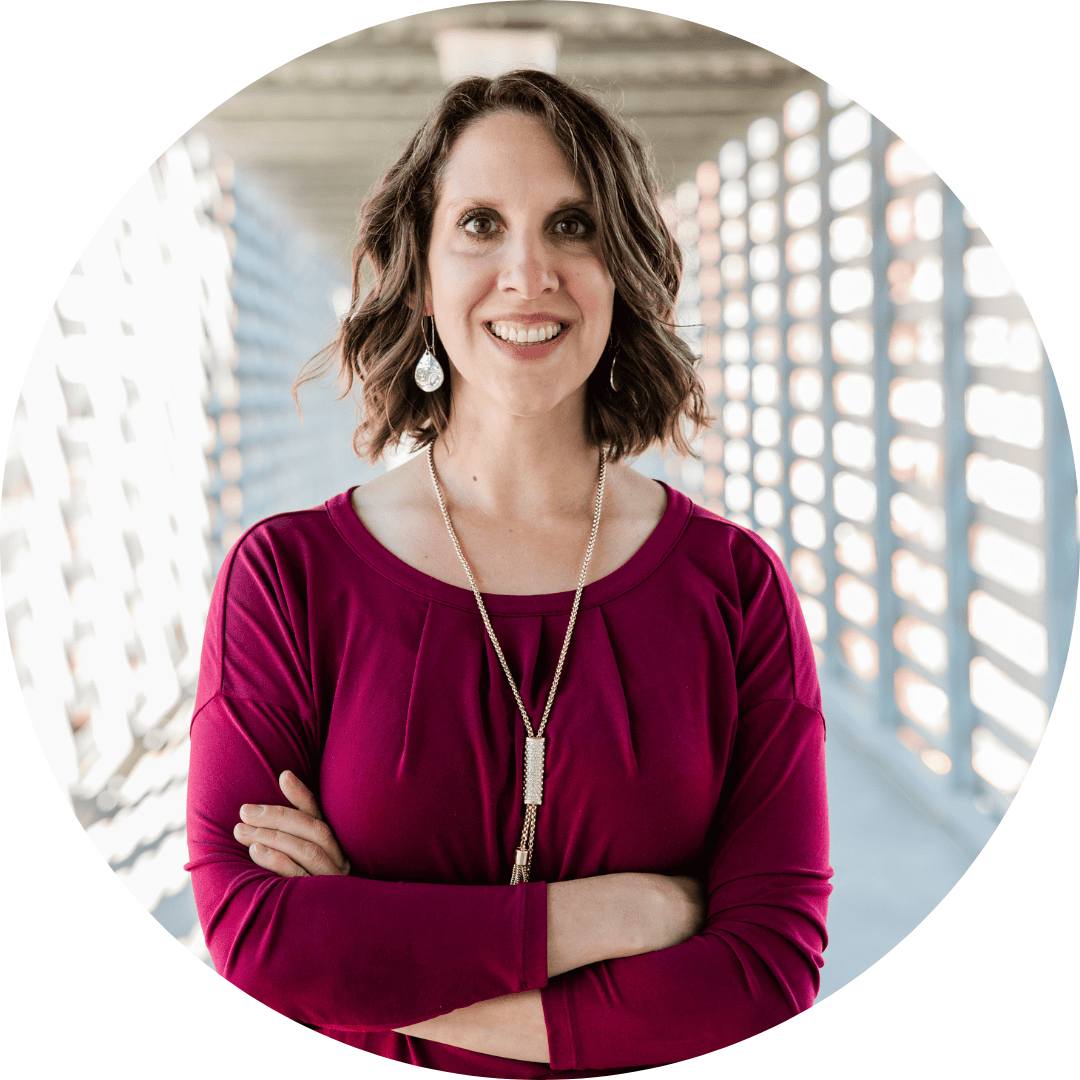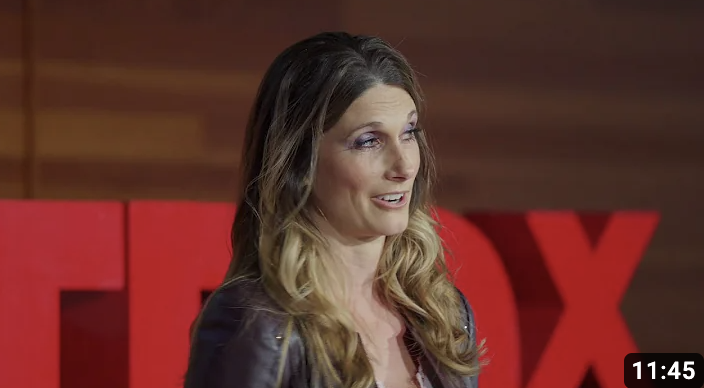RESILIENCE AT WORK
Go with me for a minute. When you think of a strong, powerful tree, what images come to mind? Do you envision an oak? Something solid and sturdy?
What about a palm tree?
I'd venture to say that a palm isn't what comes to mind when you think of strong trees, but I'd argue that it is, in fact, quite worthy of consideration.
That's because palm trees are flexible. They are meant to bend when storms and forceful winds blow through. They don't get uprooted and knocked over. Because they can bend, they can bounce back. They embody resilience.
Resilience is a teachable set of skills that allow us to weather storms and bounce back from stress, trauma, and tragedy. It is a protective factor against anxiety, depression, and burnout.
It's also a critical skill for the workforce. In a professional context, employee resilience is linked to more positive outcomes for individuals as well as for organizations. Things like lower healthcare costs, less absenteeism, higher productivity, and increased engagement are all associated with resilience.
Fortunately, resilience is something that you can cultivate on your own, as an individual, and within your workplace culture. It's well worth the investment of time and resources!
Actionable Tips
Resilience encompasses helpful attitudes and beliefs, emotional intelligence, behaviors, and social supports that can all be learned. This month, focus on developing these building block components.
1. Mindfulness.
Mindfulness is the ability to flexibly pay attention to some part of the present moment, observing it as it is, without judgment. The list of positive benefits linked to mindfulness is a mile long, but some you may not know about, besides being the foundation of resilience, include improved judgment and problem-solving.
If you haven't already, find some way to start a mindfulness practice, whether that's meditation, single tasking, or something else.
If you are interested in helping your team develop this critical skill, our popular 1 hour virtual workshop Mindfulness: It's Not What You Think or our self-guided digital training Mindfulness Without Meditation may be a great resource.
2. Build emotional intelligence.
Emotional intelligence is a complex skill set, and accurately identifying your emotions is the first step. Start working on it by recognizing and naming your emotions as they arise. Try to name your feelings as accurately as possible, keeping in mind that "bad" and "good" are not feelings. They are judgments.
3. Develop rational thinking.
Because our brains have to process so much information so quickly, they've developed some short cuts to speed things up. These short cuts lead to distortions or biases in the way that we think. Learning to recognize these "brain tricks" so that you can think in a more balanced and rational way can help you cultivate a more optimistic, growth-oriented mindset, which increases resilience.
There are a ton of resources for developing rational thinking patterns. Google "cognitive restructuring" or reach out to us. We have digital and live trainings available or can help you find the right resource for you.
4. Work on psychological flexibility.
Psychological flexibility is the ability to step back from your thoughts and feelings, recognize what's going on around and inside you (mindfulness), then choose a helpful, effective response. It's in contrast to just reacting. Psych flexibility helps us become more resilient, drawing on internal strengths to weather difficult situations.
If you're interested in increasing psych flexibility in the workplace, check out this site or reach out. Again, we've got short but impactful trainings for you.
If you want to build psychological flexibility on your own, The Happiness Trap by Russ Harris and A Liberated Mind by Steven Hayes are fantastic books.
Contact us here or by email at info@peakmindpsychology.com
Additional Resources
These TEDx talks by Peak Mind's co-founders, Dr. April Seifert and Dr. Ashley Smith, illustrate psychological strength in action
The Building Psychological Strength podcast is your go-to resource for actionable information and practical tips for creating a joyful, effective, and resilient life experience.
“The oak fought the wind and was broken, the willow bent when it must and survived."
- Robert Jordan

Written by Dr. Ashley Smith
Peak Mind Co-founder





